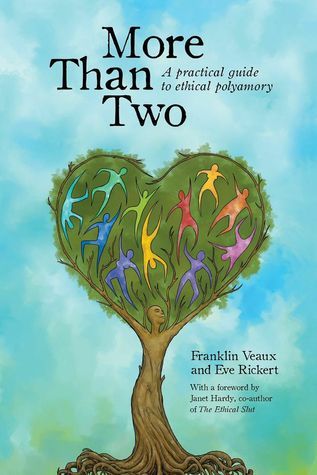What do you think?
Rate this book


480 pages, Paperback
First published September 2, 2014
Be flexible. Be compassionate. Rules can never cure insecurity. Integrity matters. Never try to script what your relationships will look like. Love is abundant. Compatibility matters. You cannot sacrifice your happiness for that of another. Own your own shit. Admit when you fuck up. Forgive when others fuck up. Don’t try to find people to stuff into the empty spaces in your life; instead make spaces for the people in your life. If you need a relationship to complete you, get a dog. It is almost impossible to be loving or compassionate when all you feel is fear of loss. Trust that your partners want to be with you, and that if given the freedom to do anything they please, they will choose to cherish and support you. Most relationship problems can be avoided by good partner selection. Nobody can give you security or self-esteem; you have to build that yourself.
'But wouldn't you want to be with her even if you had no hope of sex?' I ask.
'What would be the point?' They reply.
'Because you still love her. In fact as far as I can tell you are still IN love with her.'
'It'll fade.' They say. 'If the sex doesn't come sooner or later. Sex is necessary for a long-term loving relationship.'
'So love can't be maintained without sex? What about asexuals? Are you saying that there's a significant proportion of the population who simply never fall in love because they aren't sexually attracted to anyone?'
The term romantic friendship refers to a very close but non-sexual relationship between friends, often involving a degree of physical closeness beyond that which is common in the contemporary Western societies, and may include for example holding hands, hugging, kissing, and sharing a bed.